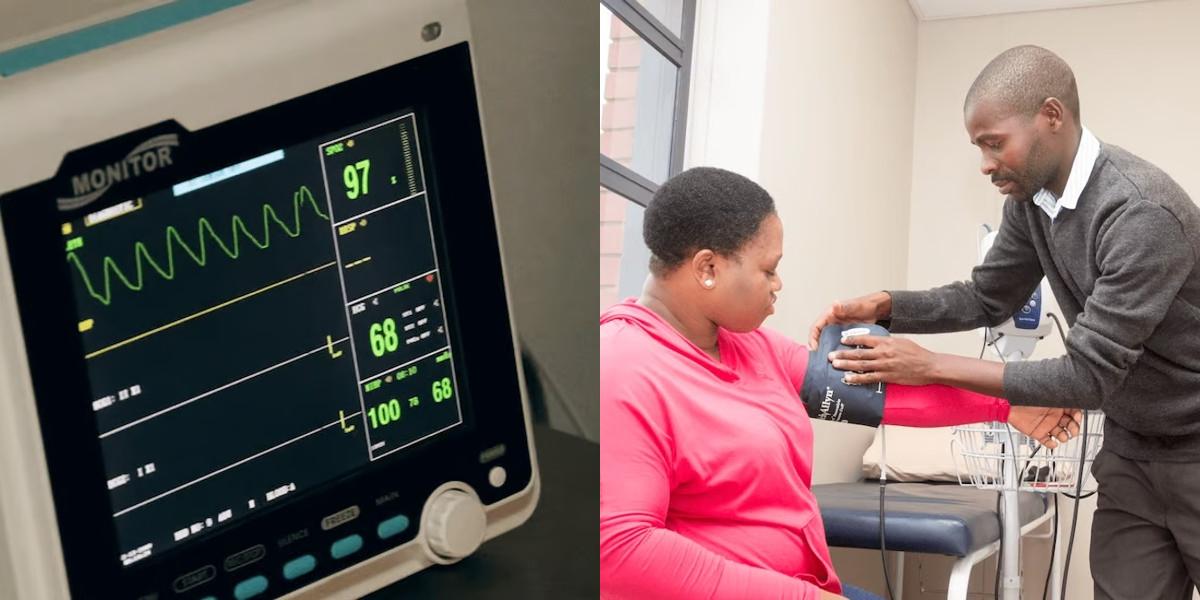EKG vs Medical Assistant

Key Points:
- EKG Technicians focus on performing electrocardiograms, while Medical Assistants have a broader range of duties.
- EKG Technicians generally earn higher salaries than entry-level Medical Assistants.
- Both professions have steady job growth.
- EKG Technicians typically require a certificate program, while Medical Assistants can pursue either a certificate or diploma program, with both offering online and in-person options.
- EKG Technician training programs are generally shorter and less expensive than Medical Assistant programs, which can take 1-2 years to complete.
If you're interested in a career in the medical field, you may have come across the terms "EKG" and "Medical Assistant." While both roles are important in the healthcare industry, they have distinct differences. In this blog post, we will explore the roles of an EKG technician and a Medical Assistant, their job descriptions, educational requirements, career outlook, and salaries. By the end, you'll have a better understanding of which path may be the right fit for you.
EKG Technician Education and Training
- EKG technician training programs are typically shorter in duration, ranging from a few weeks to several months.
- These programs can be found at community colleges, vocational schools, and online institutions.
- The curriculum includes courses on cardiac anatomy and physiology, EKG interpretation, and hands-on training with EKG machines.
- Some states may require EKG technicians to obtain certification, which can be obtained through professional organizations like the American Society of EKG Technicians.
Medical Assistant Education and Training
- Medical Assistant programs usually take around one year to complete and are offered at community colleges, vocational schools, and technical institutes.
- The curriculum covers a wide range of topics, including medical terminology, anatomy and physiology, clinical procedures, pharmacology, and medical office management.
- Graduates of accredited Medical Assistant programs are eligible to take the Certified Medical Assistant (CMA) exam, which can enhance job prospects.
- Medical Assistant schools near me
EKG vs Medical Assistant: Career Outlook and Salary
The career outlook and salary potential for EKG technicians and Medical Assistants are influenced by various factors:
EKG Technician Career Outlook and Salary
- The demand for EKG technicians is expected to grow at a steady pace due to the aging population and increased prevalence of cardiovascular diseases.
- According to the Bureau of Labor Statistics, the median annual wage for cardiovascular technologists and technicians, including EKG technicians, was $59,410 in May 2020.
Medical Assistant Career Outlook and Salary
- The demand for Medical Assistants is projected to grow much faster than the average for all occupations, driven by technological advancements and the increasing need for healthcare services.
- According to the Bureau of Labor Statistics, the median annual wage for Medical Assistants was $35,850 in May 2020.
Final Thoughts
Both EKG technicians and Medical Assistants play important roles in the healthcare industry, but they have distinct differences in terms of job responsibilities, education, and career outlook. If you have a specific interest in cardiology and enjoy working with EKG machines, becoming an EKG technician may be the right path for you. On the other hand, if you prefer a broader scope of responsibilities and enjoy working in a variety of healthcare settings, pursuing a career as a Medical Assistant may be a better fit. Ultimately, the choice depends on your interests, skills, and long-term career goals.
Explore Dreambound's program accessibility across different locations. Immerse yourself in these blogs for a detailed exploration of the two vocations, unraveling specific requirements and gaining insightful perspectives on how to embark on your journey:

Fel is a student support representative who guides enrollees to the right program and answers their queries. She's committed to helping students and takes pride in her work. In her free time, she enjoys sightseeing and hanging out with loved ones.




